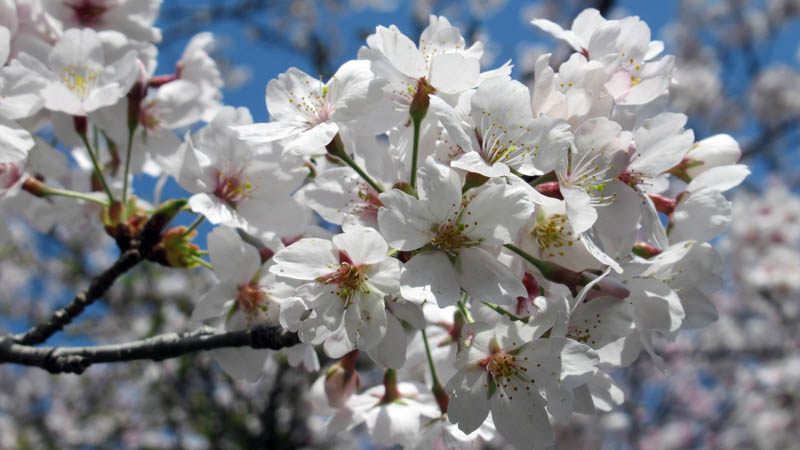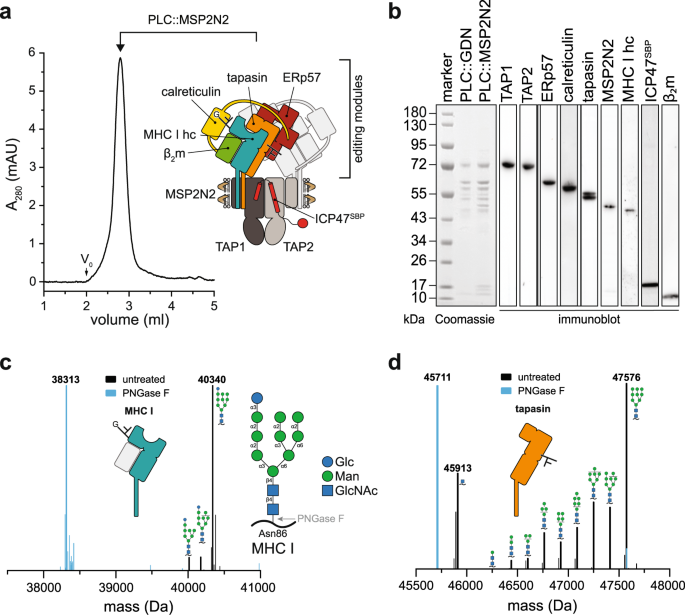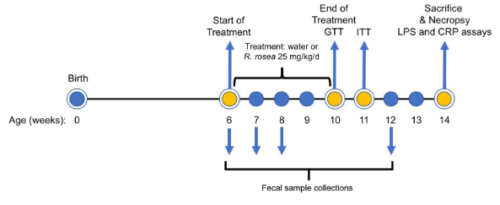UCリバーサイドの研究は、子供のテレビと自閉症スペクトラム障害に示唆を与えている UC Riverside study has implications for children’s television and autism spectrum disorder
2022-08-15 カリフォルニア大学リバーサイド校(UCR)
この研究には、79人の子供と20人の大人が参加しました。彼らはそれぞれ、セサミストリートのクリップを2つ、音楽ビデオを2つ、そして子供向けの科学のデモンストレーションのクリップを見せられた。それぞれのクリップには、さまざまな顔が含まれていた。研究者らは、参加者の眼球運動のデータを用いて、顔を見る手がかりとしての顕著性と中心性の影響、およびそれらの手がかりの影響力が年齢によって変化するかどうかを検討した。
<関連情報>
- https://news.ucr.edu/articles/2022/08/15/what-guides-our-attention-faces-videos-changes-age
- https://onlinelibrary.wiley.com/doi/10.1111/infa.12492
動的なシーンにおける顔への方向づけの年齢差は、視覚的顕著性ではなく、顔のセンタリングに依存する Age differences in orienting to faces in dynamic scenes depend on face centering, not visual saliency
John M. Franchak,Kellan Kadooka
Infancy Published: 06 August 2022
DOI:https://doi.org/10.1111/infa.12492
Abstract
The current study investigated how infants (6–24 months), children (2–12 years), and adults differ in how visual cues—visual saliency and centering—guide their attention to faces in videos. We report a secondary analysis of Kadooka and Franchak (2020), in which observers’ eye movements were recorded during viewing of television clips containing a variety of faces. For every face on every video frame, we calculated its visual saliency (based on both static and dynamic image features) and calculated how close the face was to the center of the image. Results revealed that participants of every age looked more often at each face when it was more salient compared to less salient. In contrast, centering did not increase the likelihood that infants looked at a given face, but in later childhood and adulthood, centering became a stronger cue for face looking. A control analysis determined that the age-related change in centering was specific to face looking; participants of all ages were more likely to look at the center of the image, and this center bias did not change with age. The implications for using videos in educational and diagnostic contexts are discussed.



